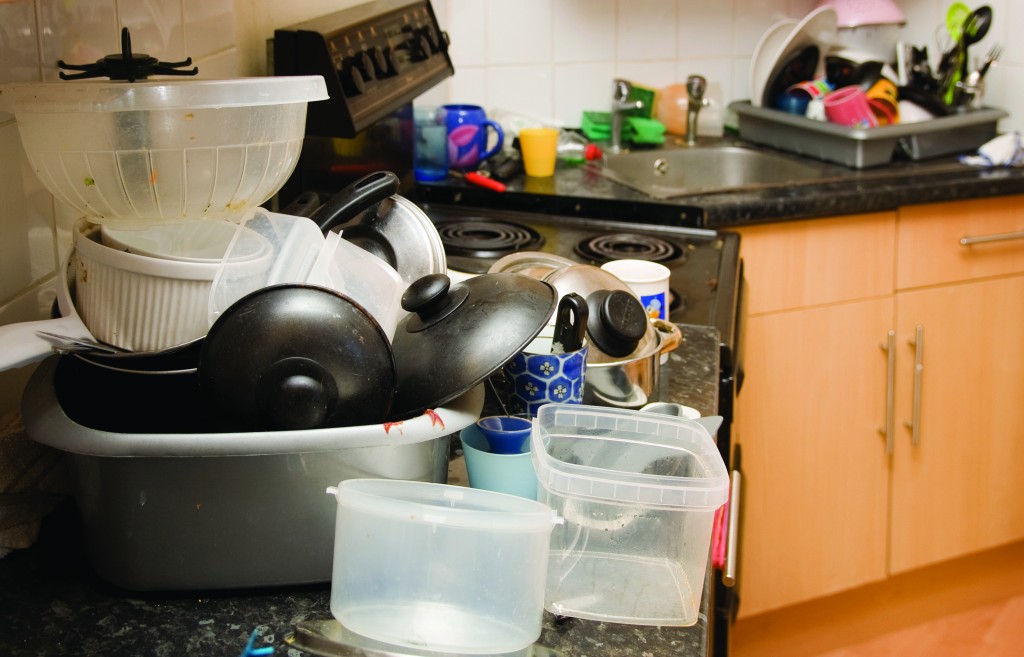
by Karen Craig, Cave to Castle Homes, LLC
Do you know someone who cannot use their bathroom or kitchen because there isn’t a path to get to them? Are you worried about a loved one who needs medicine or doctor appointments but can’t get to the phone to make the arrangements? Does the homeowner sleep on the couch because they are unable to get to the bedroom? These are just a few signs that clutter may be hazardous to their health.
Everyone has keepsakes—a normal part of living a full life. But when a person saves every newspaper, plastic container, greeting card they’ve EVER received, there is a real problem. When someone lives in a home for over 30 years, the clutter becomes so extreme that it impacts their living situation, their social abilities and health. One of the biggest reasons people collect stuff is that it may be needed someday by someone. If, however, the homeowner does want to move somewhere smaller or has to move to assisted living, the chances are great that a lot of that clutter will be thrown out. Research shows most heirs, when left with items that have no value or memories, will just throw most of the stuff left behind out.
For instance, if access to the kitchen is blocked, chances are the homeowner is not eating healthy food or possibly eating spoiled food. Inability to have access to the bathroom makes daily basic hygiene impossible, which contributes to other health problems. Sometimes the clutter inside the home is so severe that the homeowner may have a hard time getting out of the home if there was a fire.
Mature adults with limited mobility or limited income have enough difficulty keeping a full social schedule just with those problems. When they are embarrassed about their living conditions, the loneliness can become overwhelming. It can also cause fighting when the family tries to help but are shut out by the homeowner. Seniors also have a higher chance of being robbed when the home is cluttered on the inside and out because the thieves know the victim cannot fight them off.
In extreme cases, the outside is just as cluttered and dangerous as the inside. At this point, not only does this cause an eyesore for the neighborhood, but also it can be a breeding ground for rodents and bugs, which could cause damage to neighbors’ property. If the government must get involved to clean up a code violation, they pass the fees on to the homeowner and then the possibility of losing the home is very possible. In some states, the homeowner can even be put in jail if the clutter and fines cannot be cleared up.
There are many ways to help get your loved one to agree to conquer the clutter. If part of the problem is depression, getting medical attention is essential. Once that has been addressed, having the homeowner set a plan for going through the mess may be easier. Perhaps while they are watching a favorite program they can go through one box. All items that are to be thrown away should go to the garbage right away and anything else needs to have a place to be stored.
Instead of keeping every greeting card, perhaps a senior center could use them for craft projects. If there are magazine or newspaper articles that need to be saved, keeping just the article and throwing away the publication is the best way control clutter. Most dollar stores have plastic containers that will make organizing more affordable.
When the time comes to relocate to the next home or assisted living center, it is important to call a real estate problem solver who can help since there is no need to clean or fix up the home before selling it.



